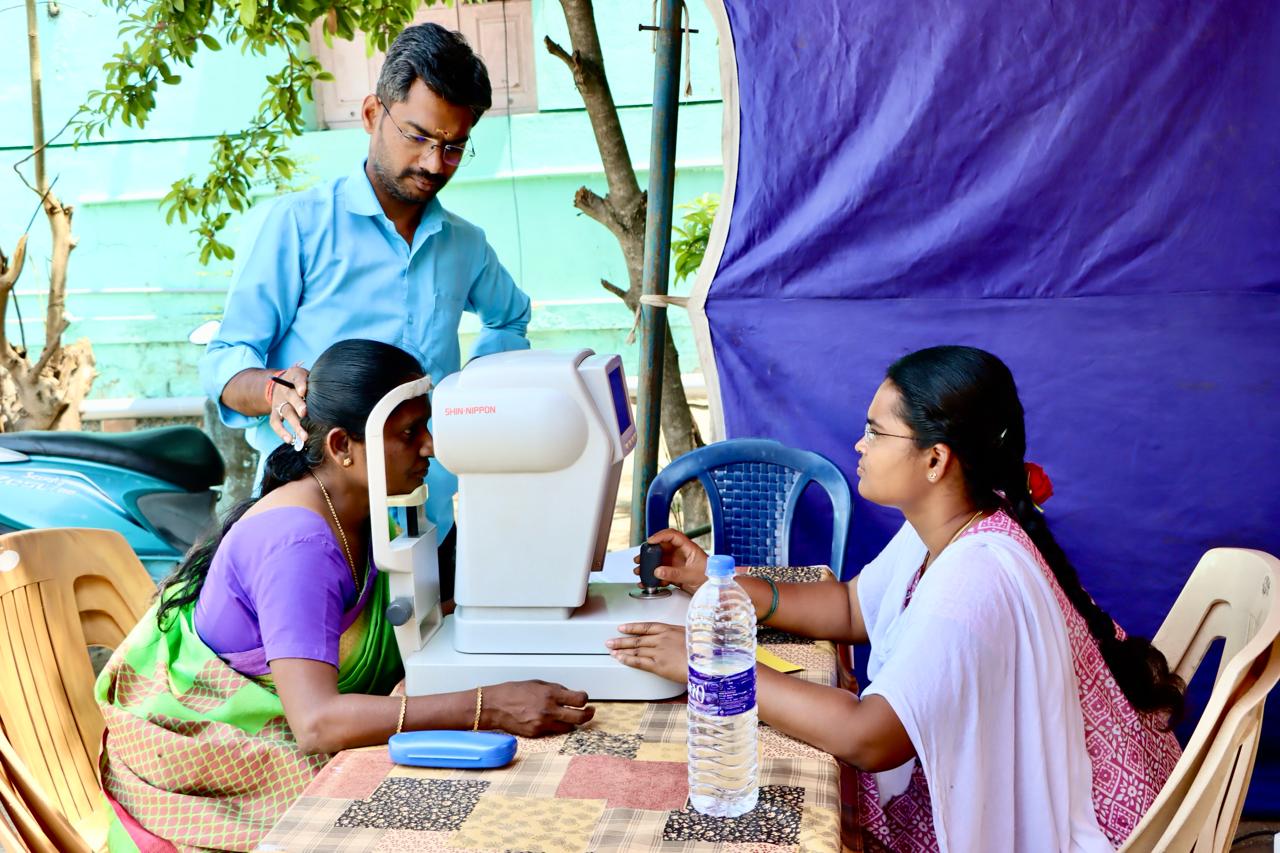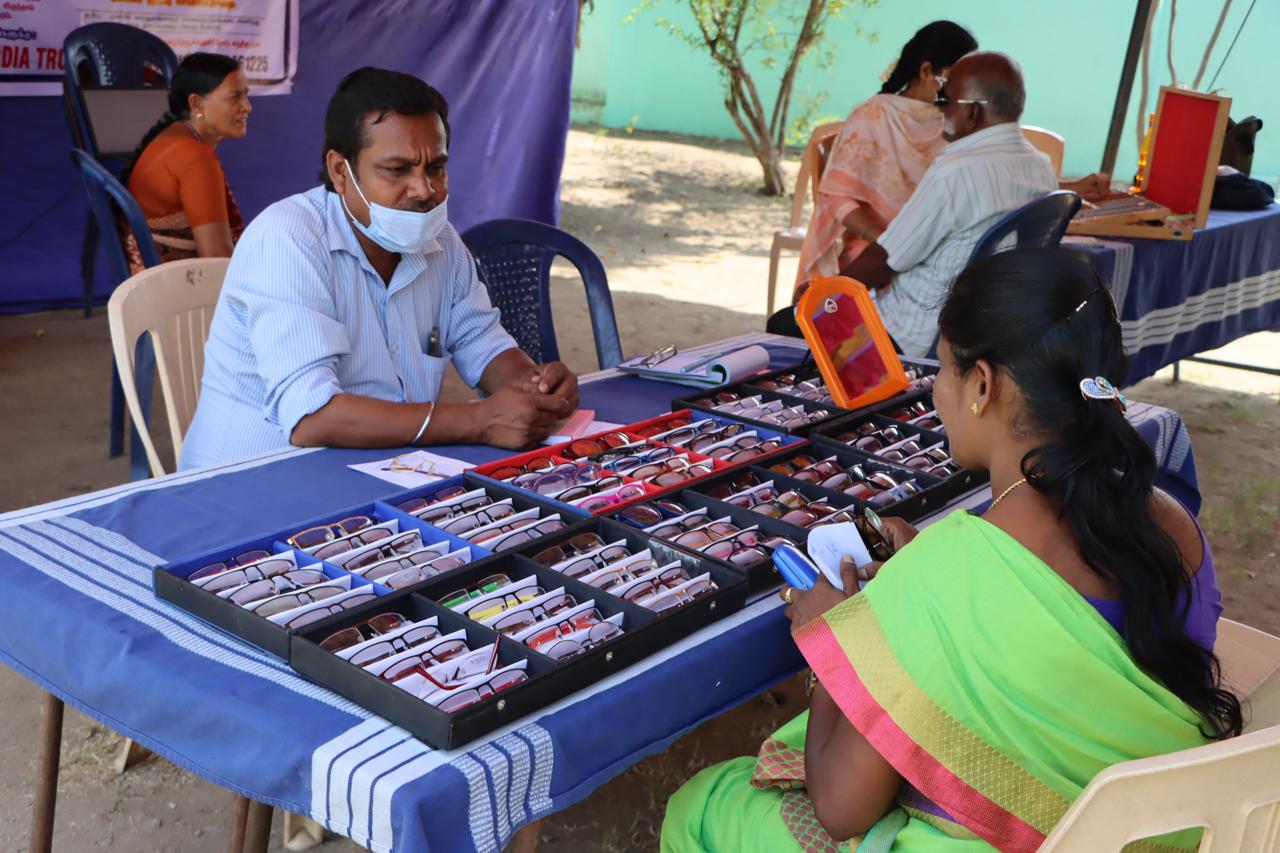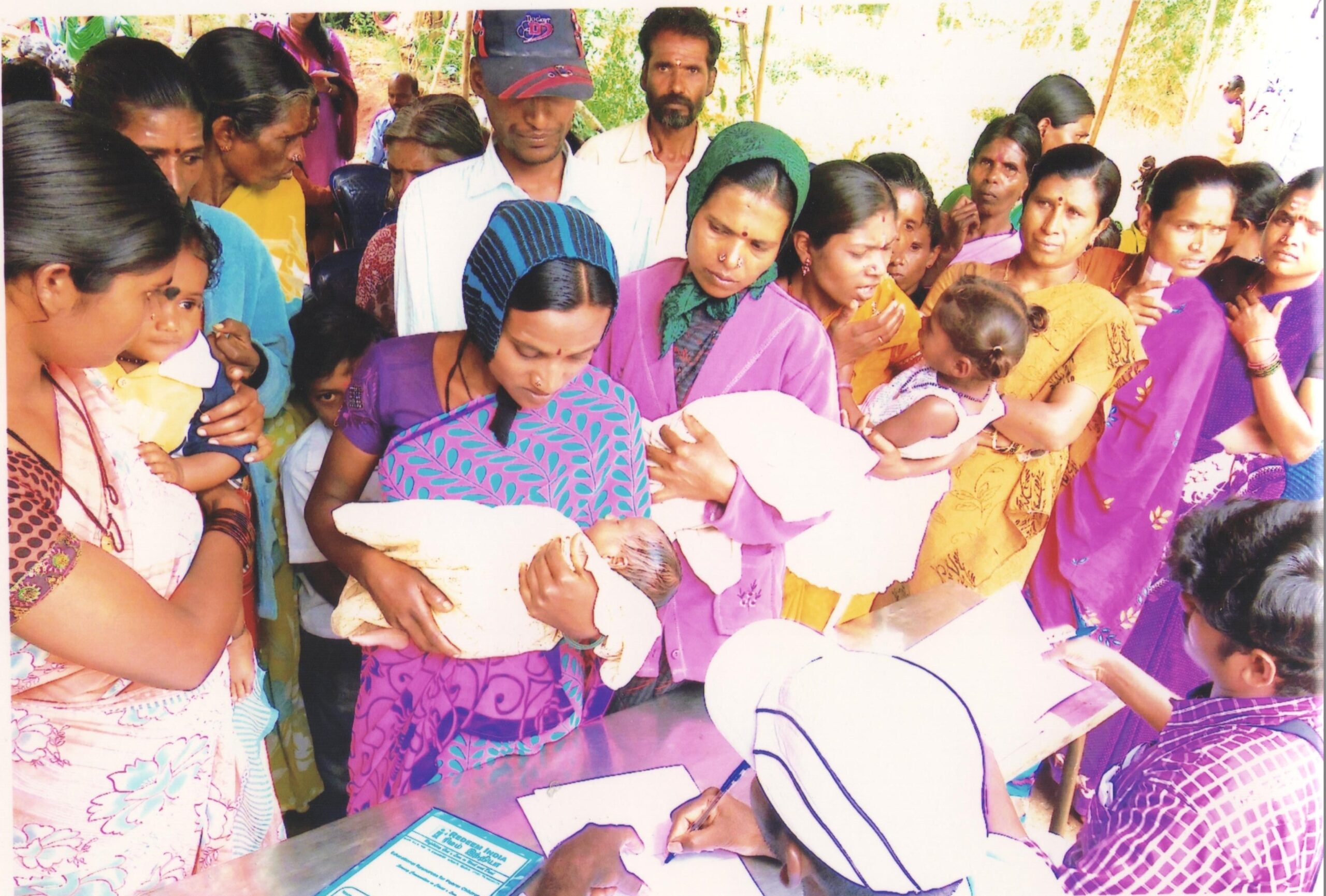India, with its vast and diverse population, faces significant challenges in providing equitable access to healthcare. While cities and urban centers have seen advancements in medical facilities and technologies, rural and economically disadvantaged populations remain underserved. Access to healthcare is a necessity for rural and poorer people in India, as it is not only a fundamental human right but also essential for the nation’s overall development.
India’s healthcare system is marked by stark disparities. Nearly 65–70% of the population resides in rural areas, yet these regions account for only about 20% of the nation’s healthcare infrastructure. Basic healthcare services, including hospitals, clinics, and diagnostic centers, are often located far from rural villages, making access physically challenging. For poorer populations, financial barriers further hinder access to healthcare. Even when facilities are available, the costs of consultations, medicines, and treatments can be prohibitive. Daily survival often takes precedence over medical expenses, resulting in untreated illnesses and avoidable deaths.
India’s rural areas have some of the highest infant and maternal mortality rates globally. Pregnant women often lack access to prenatal care, skilled birth attendants, and emergency obstetric services, resulting in complications during childbirth and increased mortality. A significant challenge in rural India is the shortage of trained medical professionals. Doctors, nurses, and specialists are often reluctant to work in remote areas due to lack of infrastructure, professional growth opportunities, and difficult living conditions. This scenario leaves many rural health centers understaffed or entirely nonfunctional.
NGOs play a crucial role in providing medical help to underserved populations, and yet many are left to chronic suffering due to lack of resources and greater medical needs. Our ministry assists both Christian and non-Christian communities suffering from medical issues by organizing medical camps in rural Indian villages that lack healthcare services, where we provide treatment and medication. These mobile clinics support vulnerable populations, promoting health and offering opportunities to address spiritual needs. Over the past 15 years, we have served more than 5000 people with both physical and spiritual care.




